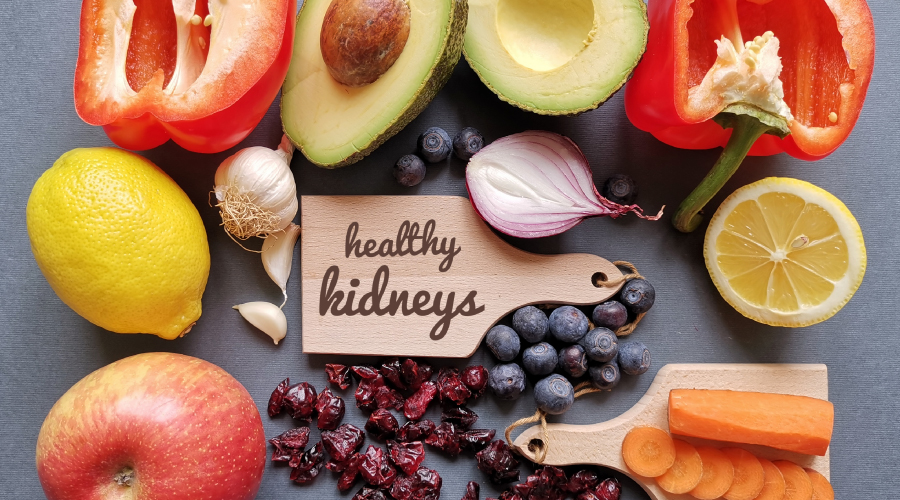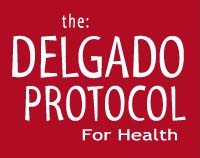Unlocking Kidney Health: The Ultimate Guide to a Kidney-Friendly Diet
In the realm of kidney health, navigating through conflicting advice can be challenging. Discovering the right dietary approach is crucial for preventing and managing kidney disease. Sadly, mainstream recommendations often lead individuals astray, advocating the avoidance of beneficial plant foods rich in oxalic acid while promoting unrestricted meat and dairy consumption. Let’s delve into a comprehensive guide that reveals the optimal diet for kidney health, along with additional tips for maintaining robust kidneys.

1. Optimize Your Diet: Cut Out Animal Products for Kidney Wellness
Animal products pose a significant threat to kidney health due to multiple factors. The fat in these products can clog and alter kidney structure, while animal proteins contribute to inflammation and kidney stone formation. Embrace a plant-based diet to counteract these issues. Plant proteins are non-toxic, lower inflammation, and have a neutralizing effect on acidity. Studies highlight the positive impact of plant-based diets, turning off markers of kidney damage and promoting overall kidney health.
2. Embrace Kidney-Friendly Nutrition: Consume a Plant-Based Diet
Plant-based diets, long used to treat kidney disease, stand out as the best choice for kidney health. Fruits and vegetables, with their high water, potassium, fiber, and magnesium content, support kidney health. Limit meat substitutes, as some can be acid-forming. The anti-inflammatory and alkaline-inducing properties of a plant-based diet outweigh concerns about oxalates and phytic acid, making it the ideal choice for kidney wellness.
3. Addressing Concerns: What About Oxalates?
Contrary to popular belief, the presence of oxalates in vegetables doesn’t necessarily increase the risk of kidney stones. The anti-inflammatory and alkaline-inducing effects of a plant-based diet outweigh any potential negatives. Studies emphasize the effectiveness of reducing animal protein and sodium intake in treating kidney stones. With a brief adjustment period, a vegan diet can lead to improved mineral absorption and strengthened kidney function.
Additional Tips for Robust Kidneys:
a. Hydration is Key: Drink Lots of Water
Adequate water intake is paramount for preventing and managing kidney disease. Water helps flush out crystals, reduces the concentration of kidney stone-forming substances, and lowers the likelihood of stone formation. Aim for at least 10 cups daily and monitor urine color for optimal hydration.
b. Sodium Consciousness: Reduce Sodium Intake
High sodium intake increases protein in urine, a major risk factor for declining kidney function. Limit sodium intake to less than 2,300 mg daily, primarily by avoiding processed foods. A wholefoods plant-based diet naturally aligns with lower sodium intake.
c. Power of Slim Blend Pro: Daily Support
Incorporate Slim Blend Pro into your daily routine for a 5-in-1 meal replacement with organic, plant-based ingredients. Packed with fruits, vegetables, plant proteins, fiber, and digestive enzymes, it aids in toxin cleansing, urine alkalization, and maintaining a healthy body weight – all essential for kidney health.
d. Maintain a Healthy Body Weight
Research indicates that excess weight increases kidney stone risk. Adopt a holistic approach to kidney support by achieving and maintaining a healthy body weight. Utilize hypnosis tracks such as “Choose to Lose Fat,” “Eat Natural Foods,” and “Exercise Regularly” to overcome hurdles in your wellness journey.
By implementing these dietary and lifestyle changes, you can proactively safeguard your kidneys and promote long-term kidney health.




